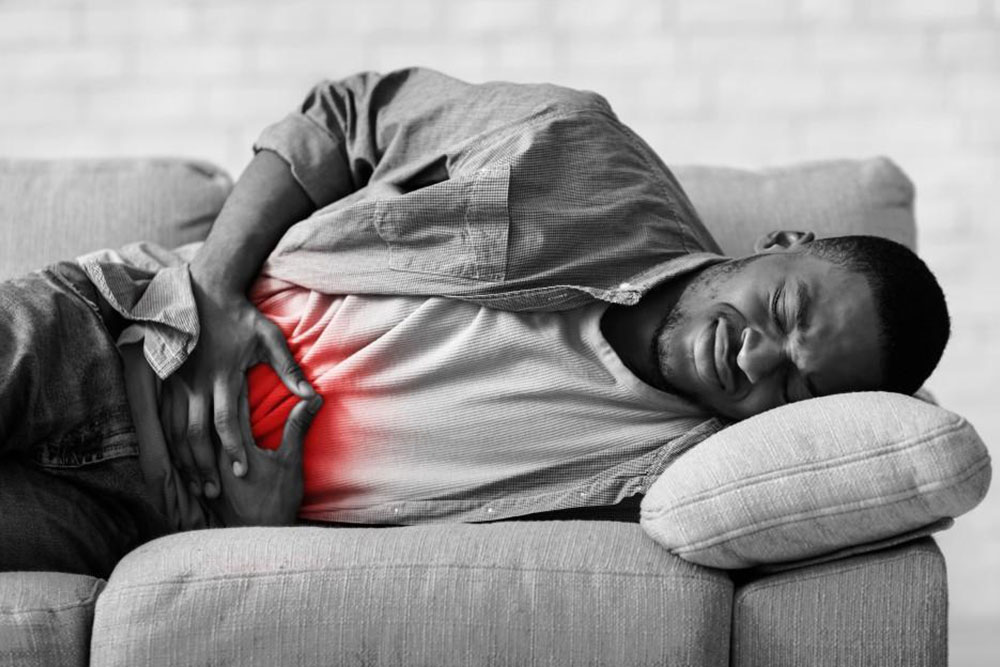What Is Muscle Loss?
Muscle loss, also known as sarcopenia, is when your muscles slowly get smaller and weaker. This often happens with age. After age 50, the body loses muscle more easily. Even in active cities like Houston, some people still notice weakness.
Muscle loss can also be linked to brain health. In some older adults, it may appear alongside memory problems or early signs of dementia.
Common Causes and Risk Factors
- Aging - Natural muscle loss begins around age 50
- Lack of movement - Prolonged sitting or extended bed rest
- Poor nutrition - Insufficient protein or essential vitamins
- Chronic illness - Conditions like diabetes, heart disease, or gastrointestinal disorders
- Brain changes - Links between muscle loss and cognitive decline or early dementia
Signs and Symptoms
- Weakness when lifting objects or climbing stairs
- Noticeable shrinking of arm, leg, or abdominal muscles
- Poor balance or frequent falls
- Fatigue after minimal physical activity
- Memory lapses alongside muscle weakness in some cases
How Dr. Rishi Diagnoses Muscle Loss?
Dr. Chadha uses a step-by-step approach:
1. Medical History & Physical Exam
He reviews your daily routine, exercise habits, nutrition, and overall health history.
2. Muscle Strength & Function Tests
Dr. Chadha measures your grip strength and evaluates muscle size and performance.
3. Blood Tests
We check vitamin D levels, hormone panels, and other key nutritional markers.
4. Body Composition Analysis
A DEXA scan is used when needed to precisely measure muscle mass versus fat.
Frequently Asked Questions
What causes muscle loss with age?
Aging, low protein intake, inactivity, and hormone changes all play a role in sarcopenia.
Can memory problems and muscle loss be linked?
Yes. Some brain issues, like early dementia, can lead to weakness, poor balance, and reduced muscle mass.
What are early signs of muscle loss and dementia?
Look for less strength, slower walking speed, frequent falls, and memory lapses occurring together.
What vitamin helps muscle loss?
Vitamin D, along with adequate calcium and protein, supports muscle function and bone health.
Can exercise prevent muscle loss?
Yes. Regular resistance workouts'light weights or resistance bands-and balance exercises help maintain muscle mass.
How does Dr. Chadha check for muscle loss?
He evaluates your history and routine, measures grip strength and muscle size, orders blood tests, and may use a DEXA scan.
Does insurance cover this treatment?
Many plans cover the diagnostics and therapies. Our team will assist you in verifying your benefits.
How long before I feel stronger?
With consistent diet, exercise, and therapy, most patients notice improvement within 6-8 weeks.
Will I need surgery?
No. Muscle loss treatment is non-surgical-focused on nutrition, exercise, supplements, and minimally invasive therapies.
Can muscle loss from dementia improve?
Early intervention with lifestyle changes and therapies can enhance both cognitive function and muscle health.











